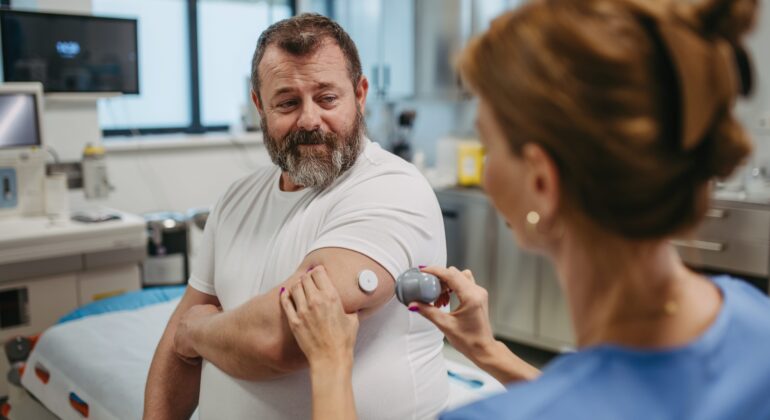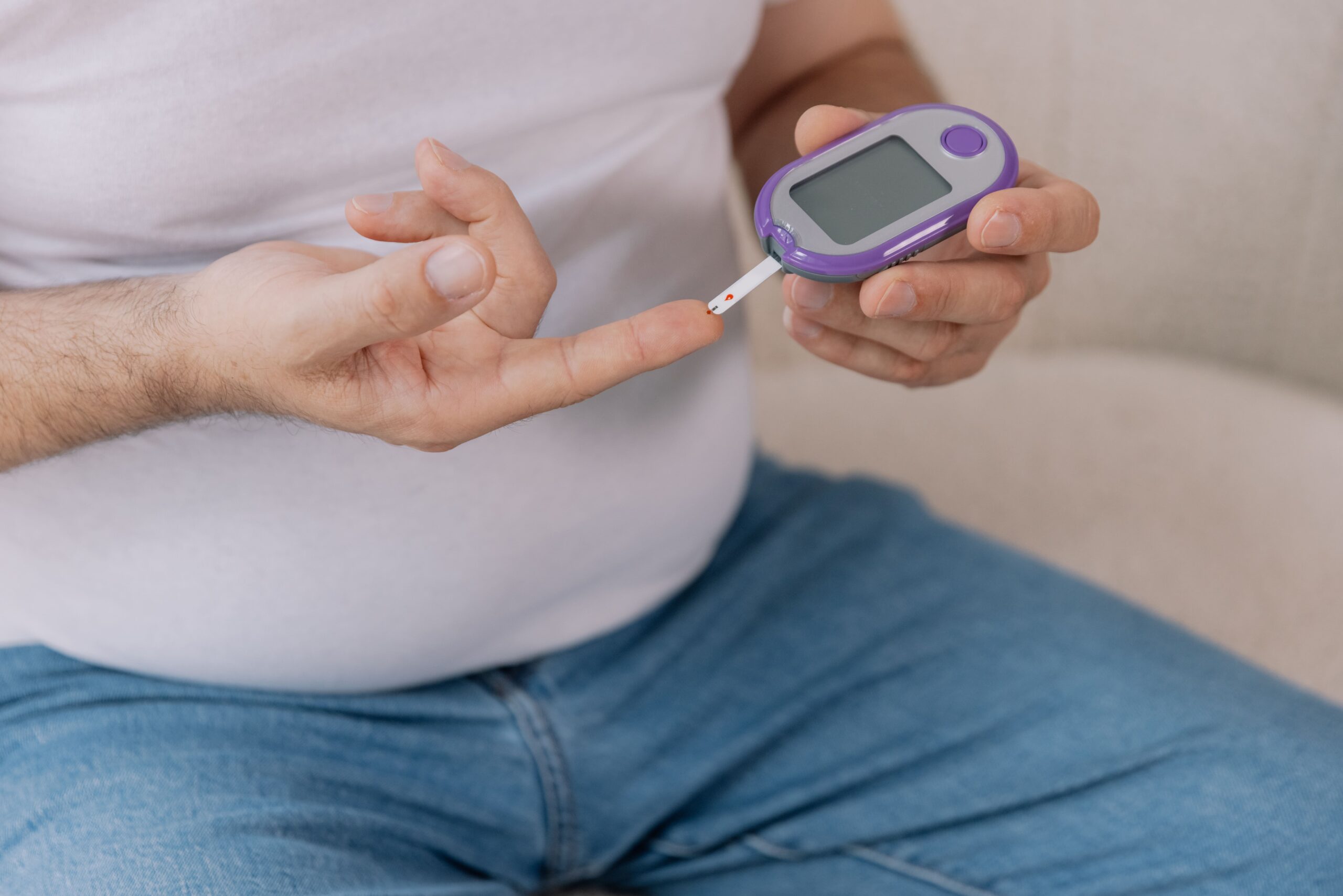Along with your driving licence, a completed medical assessment is also a legal requirement to become a professional bus driver or HGV driver, or if you wish to drive any other people-carrying vehicle vocationally.
Keep reading as the experts at HGV Training Network break down everything you need to know about the PCV medical examination.
What do you need to know about the PCV medical test?
If you wish to pursue a career in PCV (Passenger Carrying Vehicle) driving, it’s a mandatory requirement under UK law to complete your PCV medical test to ensure the safety of both drivers and passengers.
Driving while medically unfit and not notifying the DVLA can incur penalties, including huge fines.
PCV medical tests help to massively improve road safety by minimising the risks of avoidable accidents.

What a driver’s medical involves
Discussing your medical history
During this portion of the assessment, you’ll have to discuss any previous medical conditions that you’ve suffered from, as this may affect PCV work.
You’ll also have to fill out a D4 medical form, which contains a questionnaire which will ask about any preexisting medical records that may interfere with your ability to drive.
Your PCV blood pressure – the medical examination report
Here, you’ll undergo a physical assessment, such as a blood pressure check.
The doctor will also ask questions about your health, including whether you’ve ever suffered from addiction, epilepsy, or diabetes.
This part of the assessment is extremely important, as high blood pressure or hypertension can increase the risk of strokes and heart attacks, which, of course, would pose huge risks on the road.
Your eye test
Good vision is crucial for driving safely, and people-carrying vehicles are no different.
When you pursue a career on the road, you need to be able to read signs, registration plates, and road markings proficiently. You should also be able to clearly see other drivers and any potential hazards on the road.
During your appointment, make sure you bring any recent prescription glasses or contact lenses along so your eyesight is ready to be tested to the best of its abilities.

How long does a PCV medical last?
The medical test is a pretty quick and straightforward process, and typically only lasts around 15 minutes. Of course, this can vary on a case-by-case basis.
When is your PCV medical due?
A PCV medical assessment typically lasts for 5 years and will need to be redone after this.
After the age of 65, annual PCV medical tests are required to keep drivers, passengers, and roads as safe as possible.
How much does a PCV medical cost?
There isn’t a fixed cost for a driver’s medical, so it can vary depending on where you go for your assessment. Many clinics offer competitive rates, so it’s often worth shopping around and considering your options.
Where to get a PCV medical examination
These exams are often conducted by doctors in private practices or even by your own GP. The best place to visit for your assessment often varies depending on your location.
If you’re unsure as to where your closest PCV medical clinic is, get in touch with a member of our HGV Training Network team, who can help you accordingly.
What happens if you fail a PCV medical test?
If you fail a PCV medical test, it’s worth having a conversation with your doctor to see if there’s a fixable solution to the reason you failed the assessment. They may have helpful advice on how to ameliorate your symptoms.
You can also speak to one of our experts at HGV Training Network regarding career advice or more information on the PCV medical.

HGV Training Network
Ready to take the leap into your new career as a PCV driver? Our comprehensive PCV training equips you with everything you need to begin a fruitful career on the road.
Or, if you want to learn what it takes to pass a HGV medical, check out our blog, “Why do drivers need an HGV medical?”











